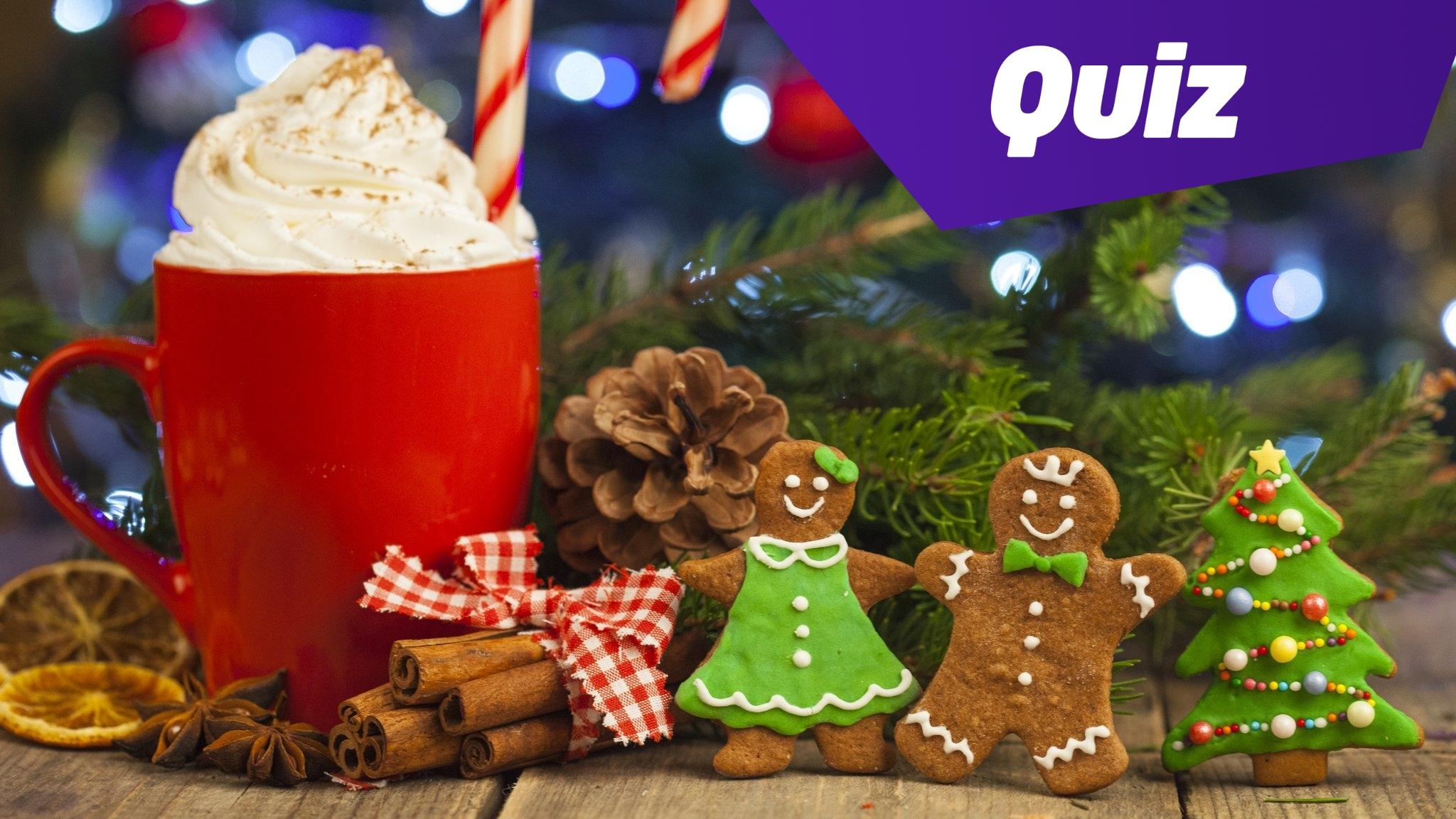Christmas coronavirus rules: Your questions answered
- Published
- comments
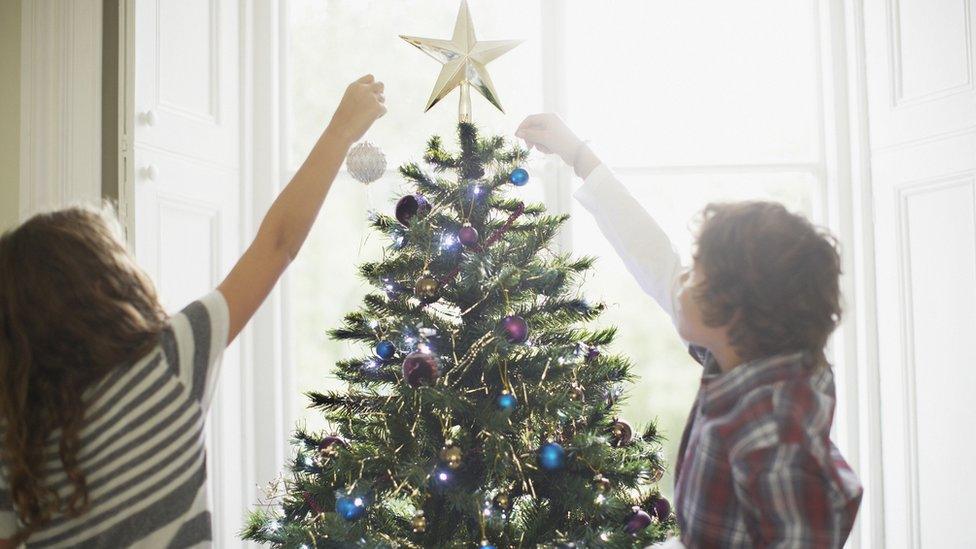
Leaders from England, Northern Ireland, Scotland and Wales have agreed on a joint approach to Christmas this year which will see the current coronavirus rules relaxed for five days.
Up to three households will be allowed to meet between 23 and 27 December. However, people are being urged to act with caution and to keep their 'Christmas bubbles' as small as possible.
The groupings must be "exclusive", meaning people can't get together with family or friends from more than two other households.
So what does this for people living in the UK? Newsround's put together some answers to what you wanted to know about Christmas bubbles.
Can I visit relatives living in different nations in the UK?
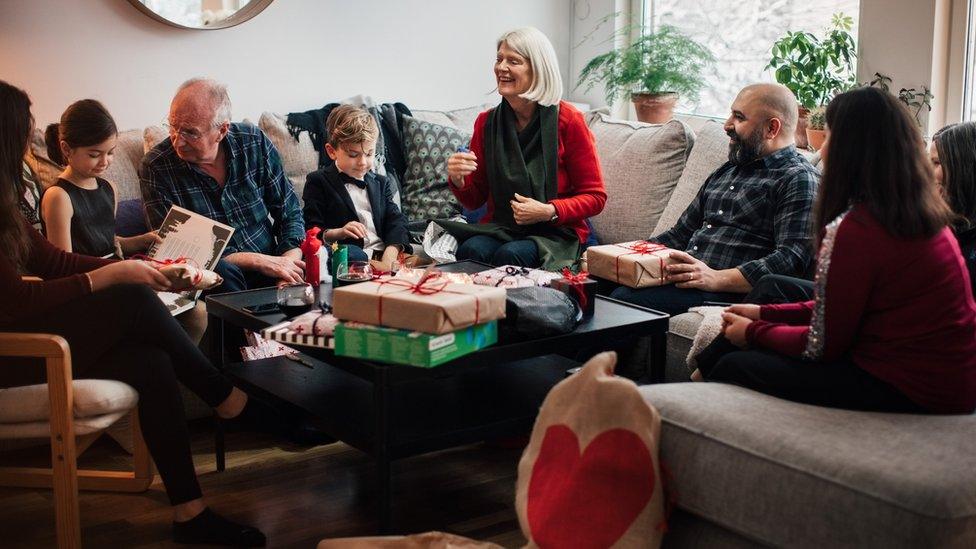
Under the temporary Christmas rules, people will be able to visit relatives or friends living in other nations if they're within the same bubble.
However, bubbles can only be made up of a maximum of three households and travel between them will only be allowed between the 23 and 27 December. Those going either to or from Northern Ireland can also travel on the 22 and 28 December.
If people are forming bubbles with family or friends in other UK nations, they'll need to follow the local rules of the area they're visiting.
In Scotland, there is a limit on the number of people who can make up a 'Christmas bubble'. Up to three households can get together, but the total can't be more than eight people. That does not include children under 12 though.
Can I stay at my friends' or family's home overnight?
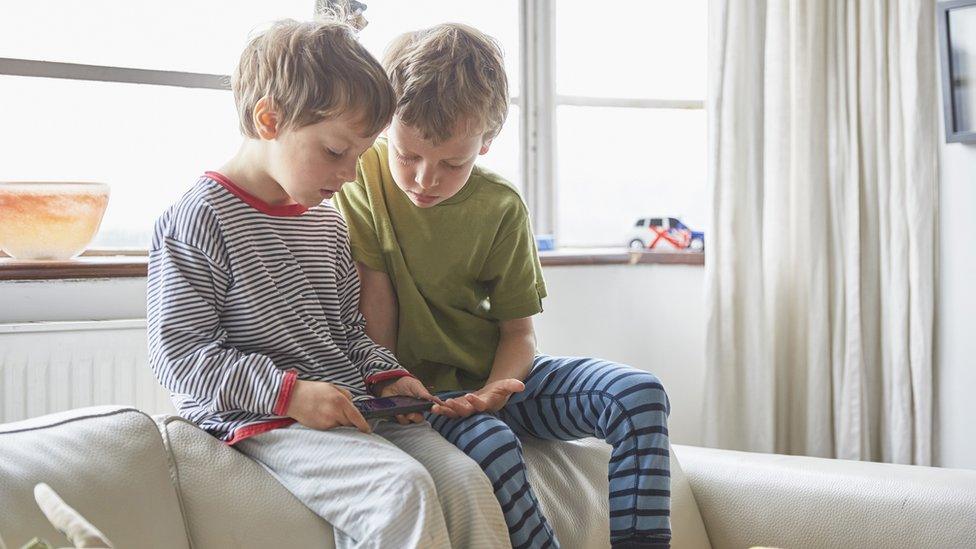
Those within the same Christmas bubble can stay at one another's homes overnight.
However, people aren't allowed to stay overnight at other people's homes if they aren't in the same bubble, even if they're close relatives.
Can I hug my friends, grandparents or other family members?
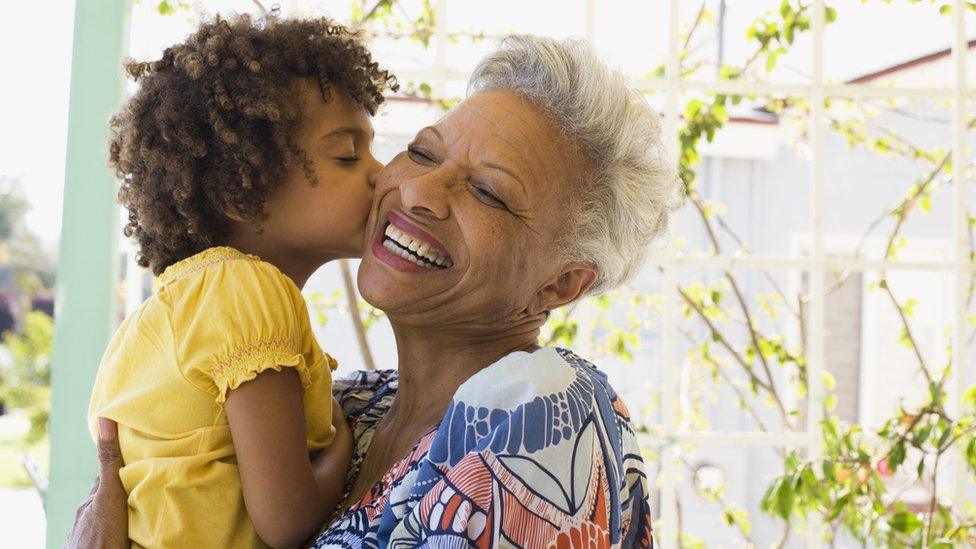
People in the same Christmas bubble won't be required to follow social distancing rules, which means they'll be able to hug their loved ones.
However, everyone is being urged to exercise caution when it comes to physical contact, especially if people are forming bubbles with people who are vulnerable. In these circumstances, it's advised that social contact is limited to help minimise the risk of others contracting the virus.
All physical contact must be limited to a person's Christmas bubble. If people meet others outside of their bubble for walks for example, socially distancing rules still apply.
Can I go to a restaurant for a Christmas dinner with my family?
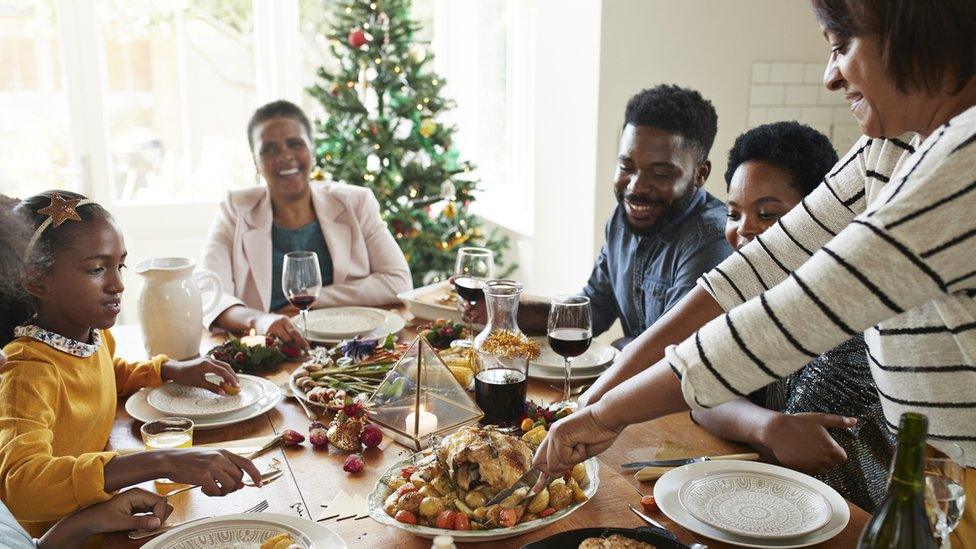
Households which form a Christmas bubble are able to meet in one another's homes, gardens, at places of worship and in outdoor spaces.
However, they aren't permitted to meet in any other indoor spaces or settings and this includes restaurants as well as pubs, hotels, shops and theatres.
This means Christmas dinners at restaurants are off-limits this year.
How do the Christmas rules affect support bubbles?
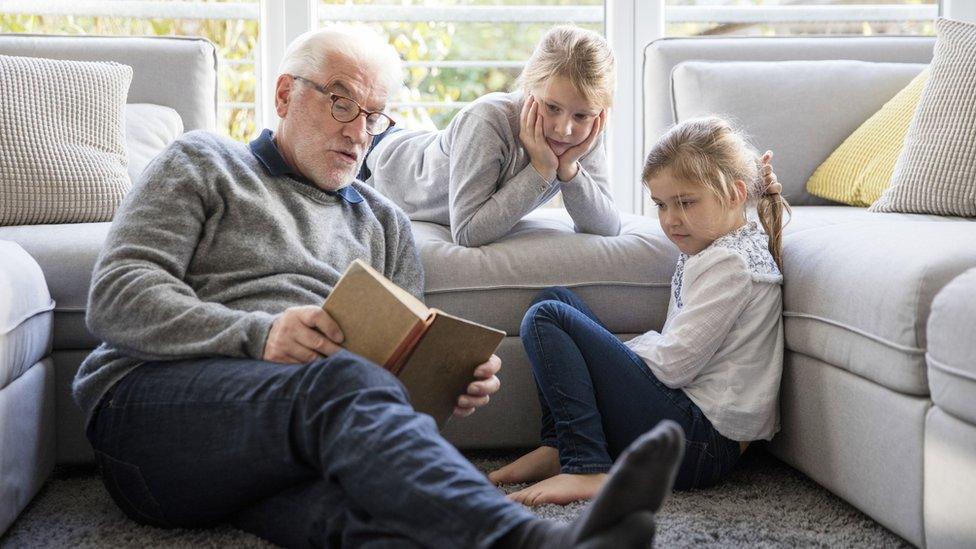
In England, support bubbles will count as one household towards the three household limit under the new Christmas rules.
It means those within a support bubble, for example a grandparent who lives alone who has previously created a bubble with relatives, can collectively form a Christmas bubble with two other households.
However, households should consider any risks that come with this, especially for those who are vulnerable. The government has advised that Christmas bubbles be kept as small as possible.
The rules on support bubbles are different in Scotland, Wales and Northern Ireland. Leaders from each nation will explain their own rules on support bubbles and extended households.
In Scotland, a Christmas bubble can't include more than one extended household - that's when someone living alone is already linked with people in another house.
How do the rules affect family visiting from abroad?
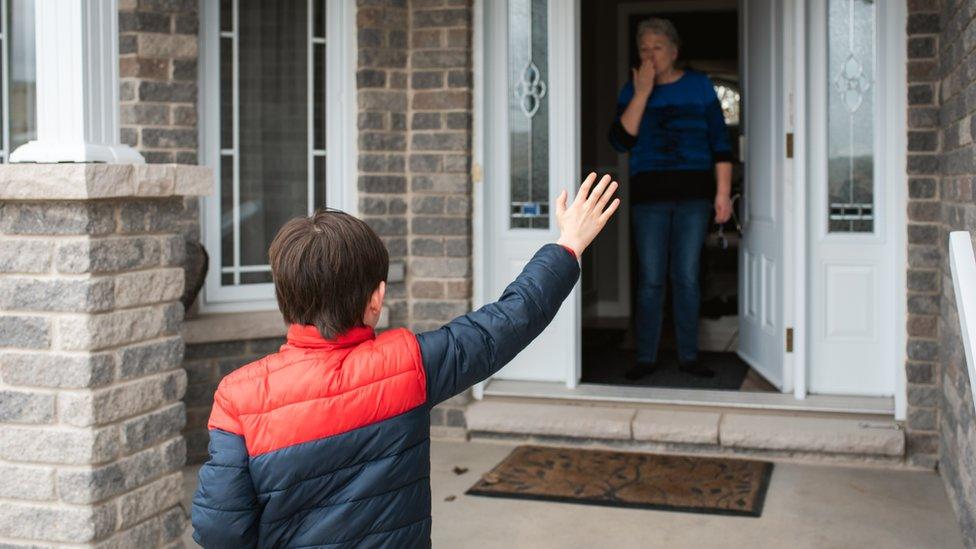
If a household in the UK has relatives or friends visiting from abroad over the festive period, the same rules around Christmas bubbles still apply. This means a person or family coming to the UK would count as one household and they'll only be able to join with a maximum of two others.
Those visiting from abroad will also need to follow the restrictions in place where they're staying, in line with local tier arrangements.
What have the experts said about Christmas bubbles?
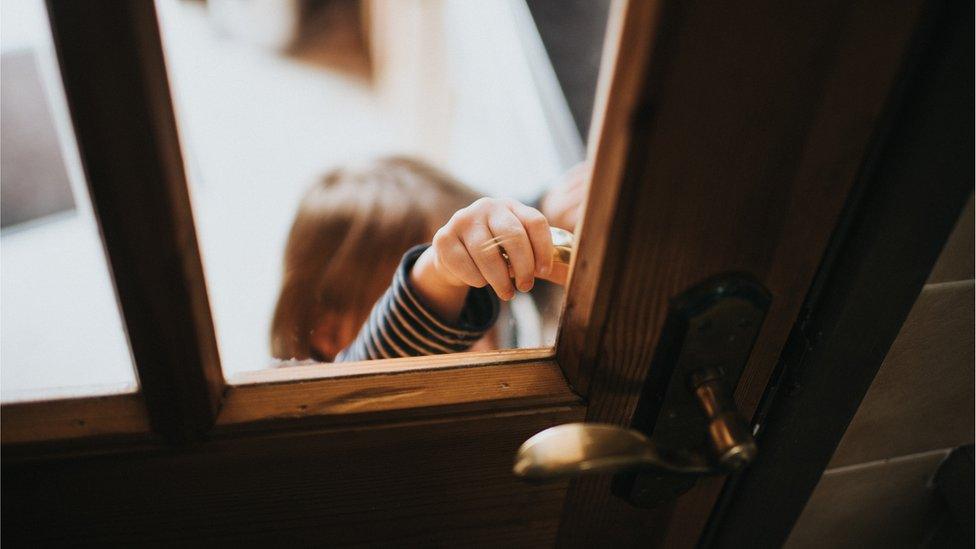
Some scientists have warned the relaxation of coronavirus restrictions could see the number of cases rise and they've said they don't think Christmas bubbles are a good idea.
However, government leaders hope the risk of spreading infection between households and bubbles will be limited if people take the necessary steps to keep others protected.
They've suggested people take extra precautions such as frequently cleaning surfaces and contact points like door handles, and to open windows to let in as much fresh air as possible when people are visiting to help provide additional ventilation.
People are also advised to avoid sharing cutlery and crockery.
Leaders have also advised that contact with other people should be limited as much as possible in the two weeks following a person or household's last meeting with their Christmas bubble. However, children will be able to go to school.
My parents don't live together, can I still see them both?
Yes. Although Christmas bubbles must be exclusive - meaning once it's formed, people can't then change to another one - children whose parents are separated are allowed to move between them.
Does my household have to form a bubble?
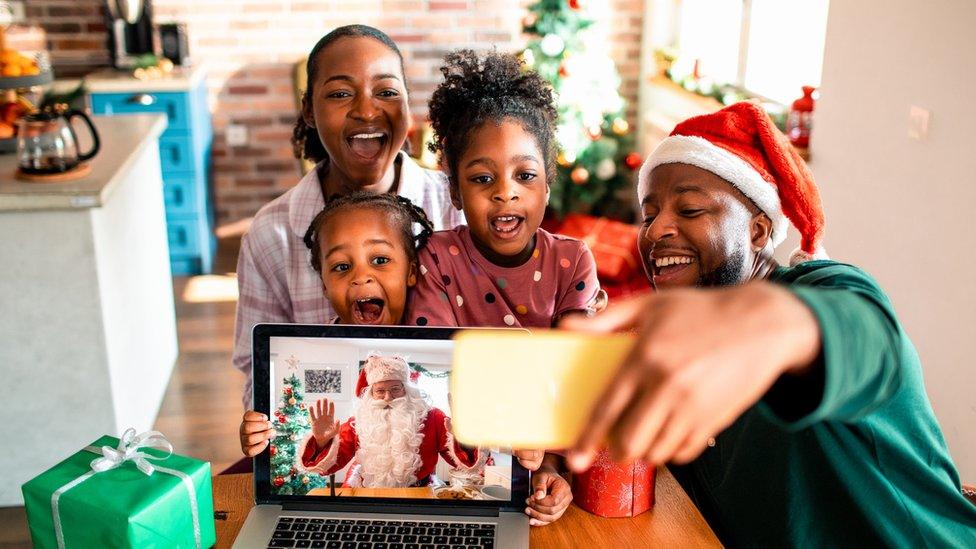
Households don't have to form Christmas bubbles with others if they don't want to.
Some people may choose to spend Christmas with just members of their own household if they don't feel comfortable forming a bubble with others, especially those who may be more vulnerable, like older relatives. This is a an important way to help ensure others remain safe.
The use of technology, like video chat, is a great and safe way for people to still virtually catch up with family members and loved ones.
Scottish First Minister, Nicola Sturgeon, has urged people to consider "alternative ways to have Christmas contact with those we love" - such as by meeting outdoors for a family walk or by using technology.
- Published20 November 2020
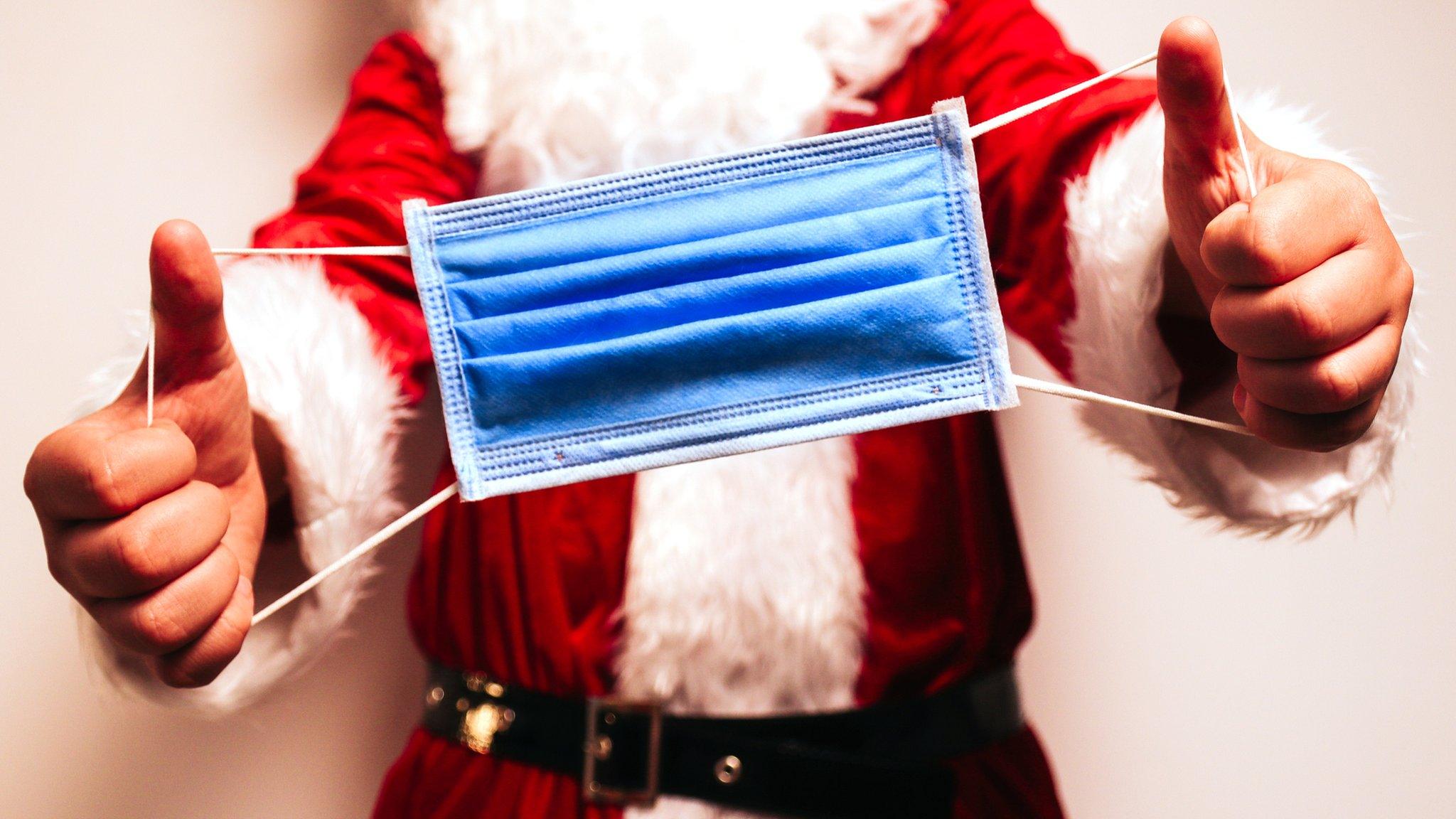
- Published25 November 2020
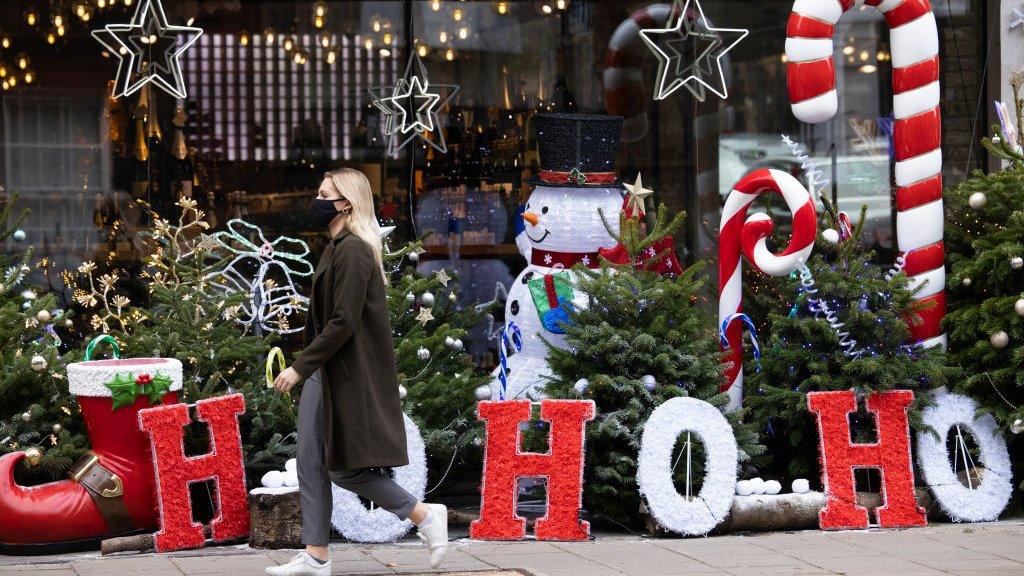
- Published19 December 2022
